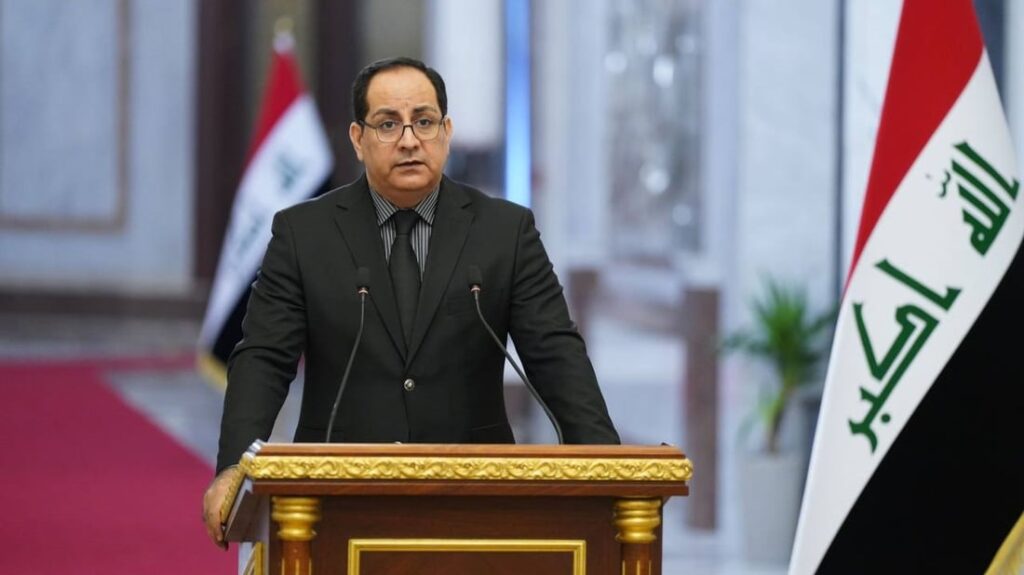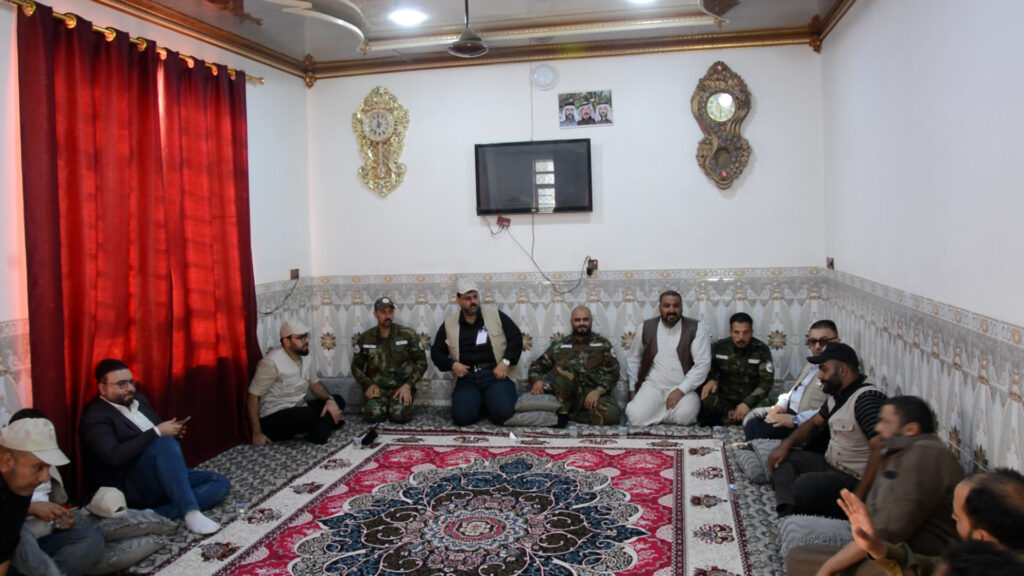Iraq And Kurdistan Close To Deal On Oil Exports

Baghdad and Erbil are set to reach an agreement over crude oil exports from Iraq’s semi-autonomous Kurdistan region within the next two weeks, Iraq’s oil minister said on Wednesday.
“All indicators are positive,” Iraq’s oil minister, Hayyan Abdul Ghani, said this week. “Regarding the agreement with the Region, we have reached the final stage and hopefully we will reach the final agreement on the exportation of crude oil within a maximum of two weeks,” he said, adding that all points have been agreed on except how Iraq will deal with the bank account where Erbil’s oil money is kept.
Iraq’s Prime Minister, Mohamed Shia al-Sudani, said weeks ago that Iraq would restart the export of crude oil from the Kurdistan region within days after the deputy speaker of the Iraqi parliament said that Erbil and Baghdad had ironed own most of their differences with regard to Kurdistan region’s oil exports and that all that was needed was to hammer out some details.
Today or tomorrow, we will go to sign the agreements with SOMO and the oil companies to resume exports,” PM Al-Sudani told Rudaw in mid-April. But the oil has not resumed flowing.
Kurdistan’s crude oil exports – around 400,000 to 450,000 bpd shipped through an Iraqi-Turkey pipeline to Ceyhan and then on tankers to the international markets – were halted in late March by the federal government of Iraq.
A few days earlier, the International Chamber of Commerce ruled in favor of Iraq against Turkey in a dispute over crude flows from Kurdistan. Iraq argued that Turkey shouldn’t allow Kurdish oil exports via the Iraq-Turkey pipeline and Ceyhan without approval from the federal government of Iraq.
The court ruled that Turkey should pay Iraq compensation of $1.5 billion for what now appears to be illegal exports of oil over five years. Turkey then shut off the Kirkuk-Ceyhan pipeline in response, which suspended the flow of oil from the Kurdistan region. Kurdistan’s oilfields also shut down due to a lack of storage.
The negotiations between Baghdad and Erbil are focused on who gets more control over the oil flows, with both sides being forced to make concessions so exports can resume.
ADVERTISEMENT
By Julianne Geiger for Oilprice.com
More Top Reads From Oilprice.com:




